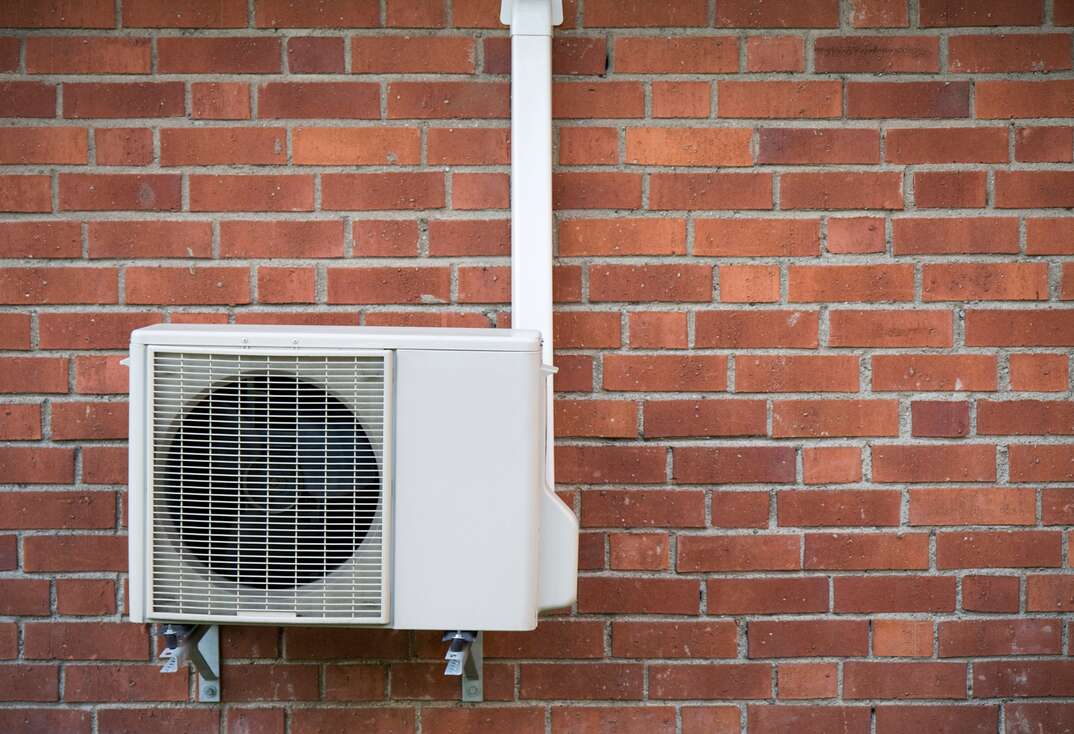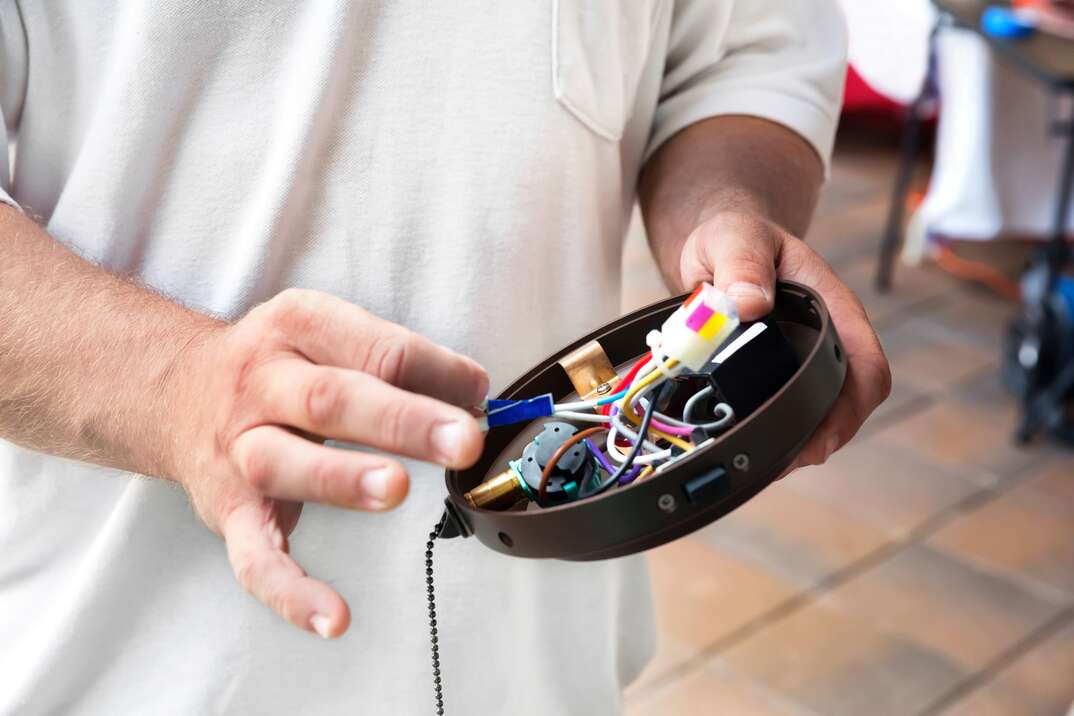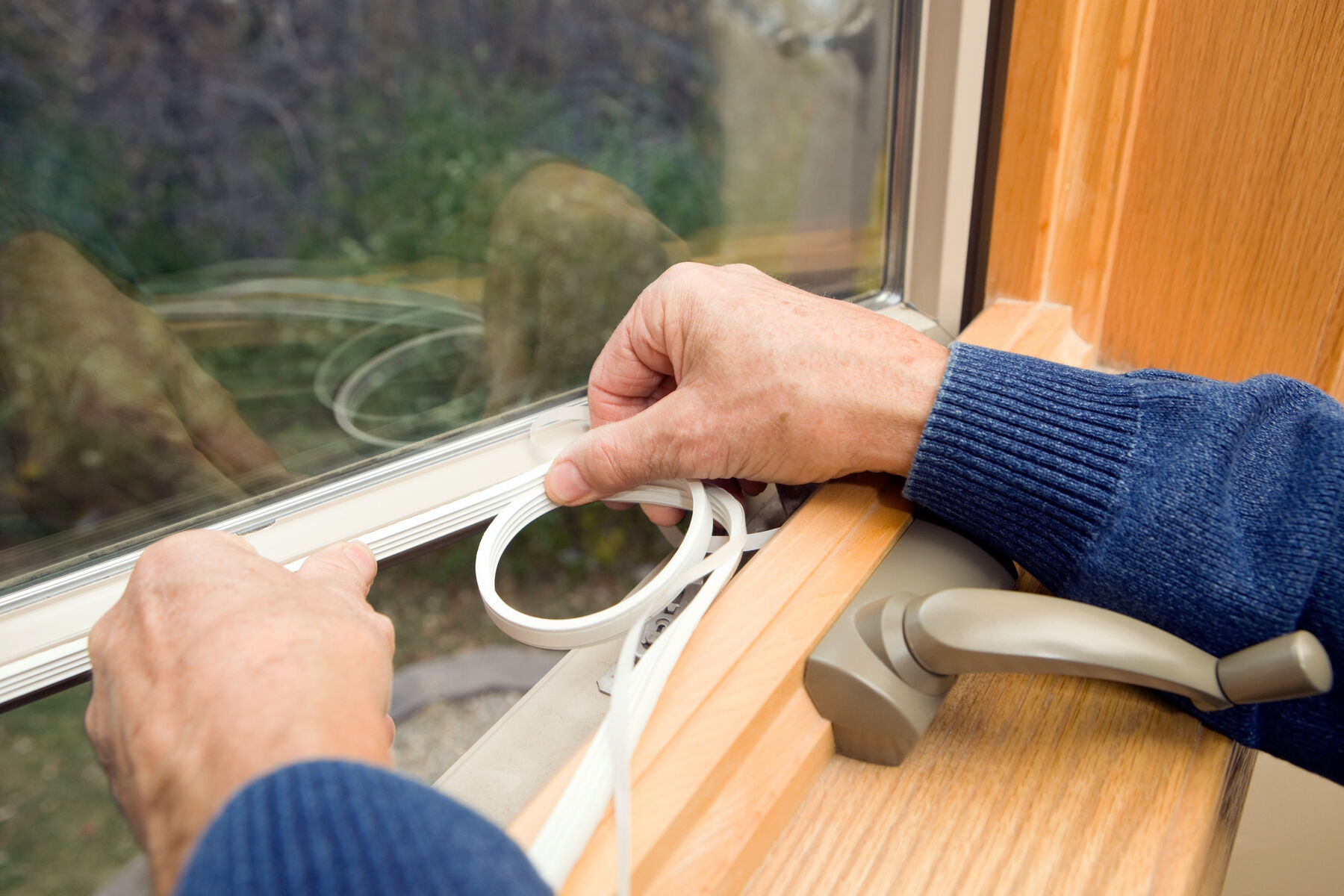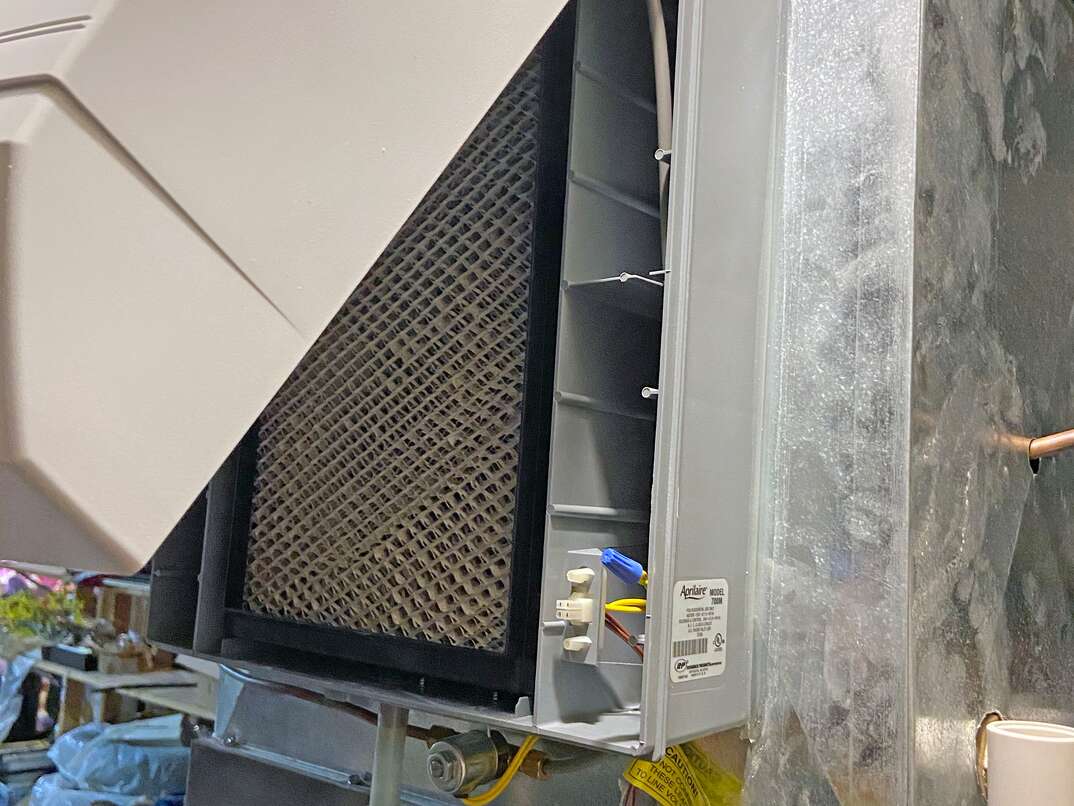How to Fix Heat Pump Short-Cycling

The ability of heat pumps to cool and heat homes has seen them replace more traditional options in recent years, but like all devices, they’re not perfect.
This May Also Interest You: How Much Does an Air-Source Heat Pump Cost?
If you've noticed your heat pump turning on and off more frequently than it should, you might be experiencing a problem known as short-cycling. This issue can affect your comfort, increase your energy bills and potentially damage your HVAC system if left unchecked.
What Is Short-Cycling?
The term short-cycling refers to situations where your heat pump turns on and off more frequently than normal. Instead of completing a full heating or cooling cycle, the system cycles on and off rapidly, sometimes in as little as a few minutes. This behavior can disrupt the comfort of your home and put unnecessary strain on your HVAC system.
How Will I Know My Heat Pump Is Short-Cycling?
Fluctuating temperatures are a sign of short cycling, but they’re not the only sign. The first noticeable symptom is the sound coming from your heat pump. You should hear the fan turn on and then the compressor when your HVAC system is heating or cooling. If you hear the noise changing, it’s often because the compressor is turning off prematurely (HVAC short cycling).
Why Is My Heat Pump Short-Cycling?
Heat pump short-cycling can stem from various underlying issues, some of which may require professional attention to resolve.
Incorrect System Size
If your heat pump is too large for your home's heating and cooling needs, it may short-cycle as it quickly reaches the desired temperature and shuts off prematurely.
Refrigerant Leak
A refrigerant leak can disrupt the heat transfer process within your heat pump, leading to inefficient operation and short-cycling as the system struggles to maintain consistent temperatures.
Dirty Air Filter
A clogged or dirty air filter restricts airflow, causing the heat pump to work harder than necessary to circulate air. This increased workload can trigger short-cycling as the system attempts to compensate for the airflow restriction.
Electrical Issues
Faulty wiring, damaged electrical components or issues with the thermostat can all contribute to short-cycling by disrupting the normal operation of the heat pump's electrical system.
Environmental Factors
Extreme weather conditions, particularly in cold climates, can cause a heat pump to short-cycle as it struggles to extract heat from the surrounding air efficiently.
More Related Articles:
- How Often Should You Change Your Furnace Filter?
- Replacing Your HVAC Air Filter Is a Breeze! Follow These 7 Steps
- How Much Does HVAC Repair and Maintenance Cost?
- Is an HVAC Tune-up Worth the Price? (Yes, Yes It Is)
- Gimme a Tax Break: 5 Things to Know to Get the Latest HVAC Tax Credits and Rebates
How Do I Get My Heat Pump to Stop Short-Cycling?
Resolving heat pump short-cycling issues typically requires a combination of troubleshooting steps and professional assistance.
Check the Air Filter
Start by inspecting the air filter in your heat pump. If it's dirty or clogged, replace it with a clean filter to improve airflow.
Ensure Proper Sizing
If you suspect your heat pump is oversized for your home, consult with an HVAC professional to determine the correct size for your heating and cooling needs. Changing to a properly sized unit can eliminate short-cycling and improve energy efficiency.
Inspect For Refrigerant Leaks
If you suspect a refrigerant leak, contact a licensed HVAC technician to inspect and repair the issue. Refrigerant leaks contribute to short-cycling and can lead to more significant damage to your heat pump if left untreated.
Address Electrical Issues
If you notice any signs of electrical problems, such as flickering lights or tripped breakers, contact an electrician or HVAC technician to inspect and repair the issue. Faulty wiring or damaged components can disrupt the operation of your heat pump and contribute to short-cycling.
Schedule Regular Maintenance
Preventive maintenance is essential for ensuring the smooth operation of your heat pump. Schedule annual maintenance visits with a qualified HVAC technician to clean and inspect your system, identify any potential issues and keep your heat pump running efficiently.
Consider a Zoning System
Installing a zoning system lets you control the temperature in different areas of your home independently. By directing airflow where it's needed most, a zoning system can reduce the workload on your heat pump and reduce the chances of short-cycling occurring.
Monitor Thermostat Settings
Ensure your thermostat is set correctly and isn't located near any heat sources or drafts that could affect its accuracy. Programmable thermostats can help optimize your heating and cooling schedule, reducing the likelihood of short-cycling.
Don’t Be Afraid to Ask for Assistance
Remember, while some of these troubleshooting steps can be performed independently, certain issues may require the expertise of a qualified HVAC technician. If you're unable to resolve short-cycling problems on your own or suspect more significant underlying issues, don't hesitate to contact a professional for assistance.


